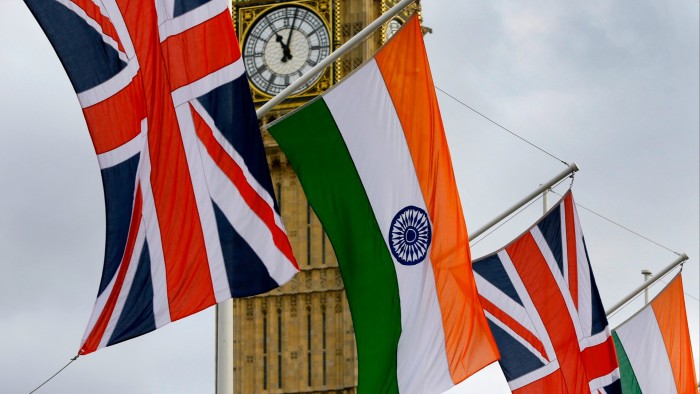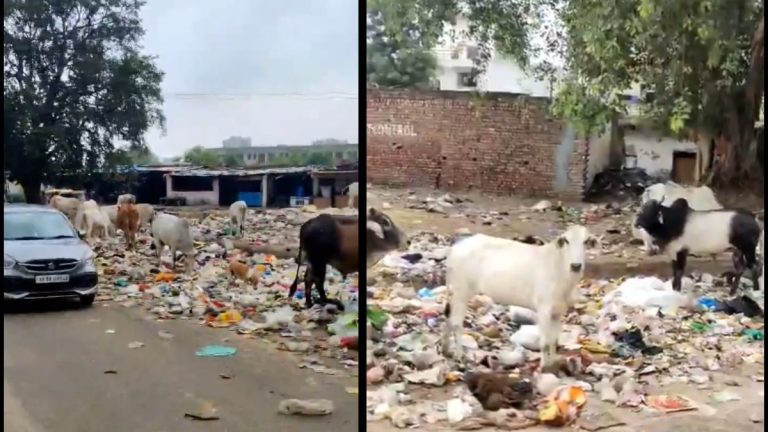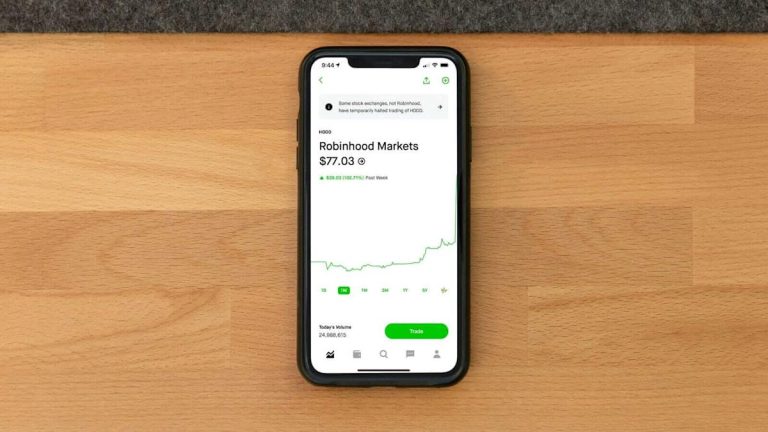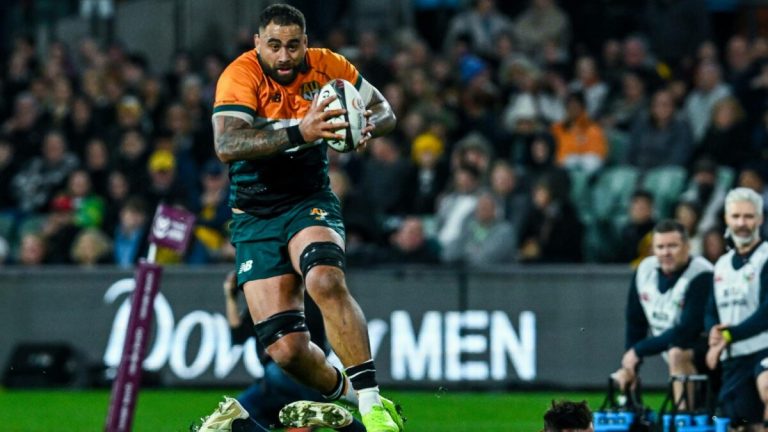Unlock the White House Watch newsletter for free
Your guide to what Trump’s second term means for Washington, business and the world
Britain and India on Tuesday agreed a “landmark” free trade agreement, which London claimed would boost the British economy by £4.8bn in the long run, with big cuts to Indian tariffs on exports of whisky and cars.
Talks on the deal, which have dragged on for three years, accelerated in the wake of Donald Trump’s imposition of US global tariffs last month, with London and New Delhi keen to seal closer trade ties.
“In a historic milestone, India and the UK have successfully concluded an ambitious and mutually beneficial Free Trade Agreement,” Prime Minister Narendra Modi posted on X after a conversation with his UK counterpart Sir Keir Starmer.
Modi added that the deal “would help catalyse trade, investment, growth, job creation, and innovation in both our economies” and that Starmer would visit India soon.
British ministers hope the India trade deal could be a prelude to the signing of an agreement with Trump in the coming days, ahead of a deal with the EU to start improving bilateral trade links at a summit on May 19.
While Britain secured lower tariffs for exports to India including on whisky, gin and cars, New Delhi wanted better terms to help its professional workers take jobs in the IT sector, as well as lower textile tariffs.
Starmer said the deal was a response to “a new era for trade and the economy” and was a sign that his government, which was battered in local elections last week, was delivering for the British public.
“Today we have agreed a landmark deal with India, one of the fastest growing economies in the world, which will grow the economy and deliver for British people and business,” he said.
Whisky and gin tariffs will be halved from 150 per cent to 75 per cent before falling to 40 per cent by the tenth year of the deal. Car tariffs will fall from over 100 per cent to 10 per cent, subject to a quota.
London said cuts in UK tariffs on Indian products would help provide British shoppers with “cheaper prices and more choice” in areas including clothes, footwear, and food products such as prawns.
Based on 2022 trade, the deal will involve India cutting tariffs worth over £400mn a year when the deal enters force, rising to around £900mn after 10 years, London said.
It added that it expected the deal to increase bilateral trade by £25.5bn, and UK GDP by £4.8bn in the long run.
Additional reporting by Amy Borrett







